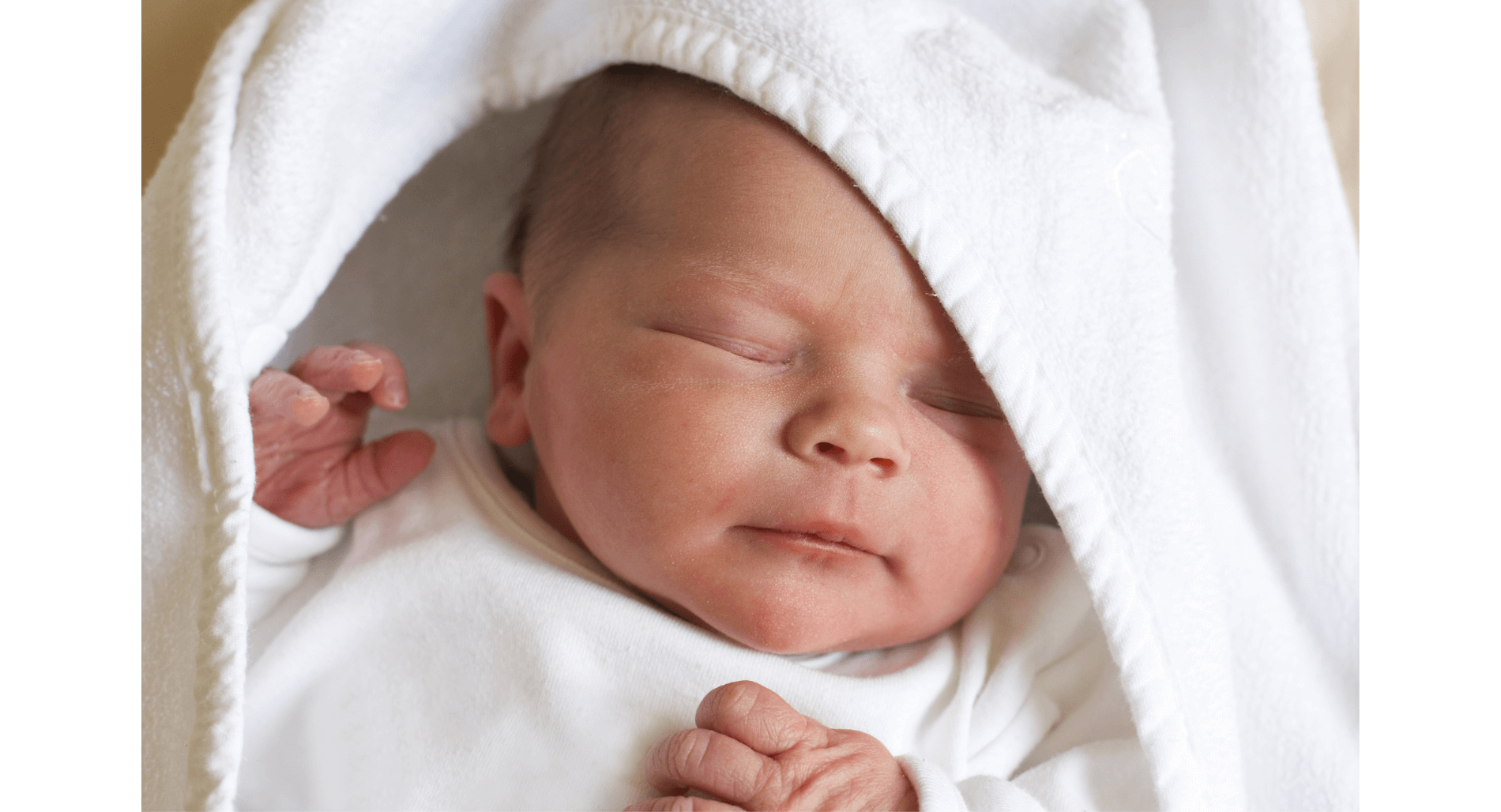Hearing Loss Prevention Tips for Infants

Hearing loss in infants can have a profound impact on their overall development, including speech and language acquisition, social interaction, and academic success. Early detection and intervention are crucial in mitigating the effects of hearing impairment. In this blog post, we’ll explore essential hearing loss prevention tips for infants, supported by credible sources in audiology and pediatric healthcare.
1. Newborn Hearing Screening: The First Step to Sound Health
The American Academy of Pediatrics (AAP) recommends that all newborns undergo hearing screening before leaving the hospital or birthing center. This non-invasive test, often performed using otoacoustic emissions (OAE) or auditory brainstem response (ABR), can identify potential hearing issues in the critical early days of a baby’s life. Early screening is essential for prompt intervention if hearing loss is detected.
2. Regular Pediatric Check-ups: Monitoring Hearing Health Over Time
Regular visits to a pediatrician are crucial for monitoring a child’s overall health, including their hearing. Pediatricians play a key role in assessing developmental milestones and addressing concerns related to speech and language development. Parents should communicate any observations or questions about their child’s hearing during these check-ups.
3. Avoiding Prolonged Noise Exposure: Guarding Delicate Ears
Infants are particularly vulnerable to the detrimental effects of loud noises. Prolonged exposure to loud sounds can damage the delicate structures of the inner ear, leading to hearing loss. The World Health Organization (WHO) recommends limiting exposure to loud noises and using protective measures such as ear protection devices when necessary.
4. Immunizations for Preventable Diseases: Safeguarding Against Infections
Certain infections, such as rubella, cytomegalovirus (CMV), and meningitis, can contribute to hearing loss in infants. Ensuring that infants receive timely vaccinations as per the recommended immunization schedule can help prevent these infections and reduce the risk of associated hearing impairment.
5. Creating a Quiet Sleep Environment: Protecting Hearing During Rest
A peaceful sleep environment is essential for an infant’s overall well-being, including their hearing health. The American Speech-Language-Hearing Association (ASHA) recommends maintaining a quiet sleep environment by minimizing background noise, using white noise machines sparingly, and ensuring that the crib is situated away from potentially noisy appliances.
6. Balanced Nutrition: Supporting Auditory Development
Proper nutrition is crucial for a child’s overall development, including the development of their auditory system. Essential nutrients like folic acid, found in leafy greens and legumes, play a role in preventing neural tube defects that may impact hearing. A well-balanced diet that meets all nutritional needs is essential for optimal auditory development.
7. Prompt Medical Attention for Ear Infections: Minimizing Complications
Ear infections, if left untreated, can lead to hearing loss in infants. It’s essential for parents to seek prompt medical attention if their child displays signs of an ear infection, such as pulling at the ear, irritability, or difficulty sleeping. Timely treatment can help prevent complications and protect the child’s hearing.
8. Genetic Testing and Family History: Identifying Risk Factors
Some cases of hearing loss in infants are linked to genetic factors. If there is a family history of hearing impairment or if certain genetic conditions are prevalent, parents may consider genetic testing to identify potential risk factors. Understanding these factors early on allows for proactive measures and timely interventions.
A Sound Future Starts with Early Intervention
Ensuring the hearing health of infants requires a combination of proactive measures, regular monitoring, and timely interventions. By following these hearing loss prevention tips, parents can contribute to their child’s overall well-being and provide a solid foundation for healthy auditory development.
Remember, early detection is key. If there are any concerns about a child’s hearing, it’s crucial to consult with healthcare professionals, including pediatricians and audiologists, for comprehensive evaluation and guidance. Together, we can work towards a future where every child has the opportunity to experience the world in all its auditory richness. If you are looking for more information on hearing loss prevention and treatment, contact us today.
